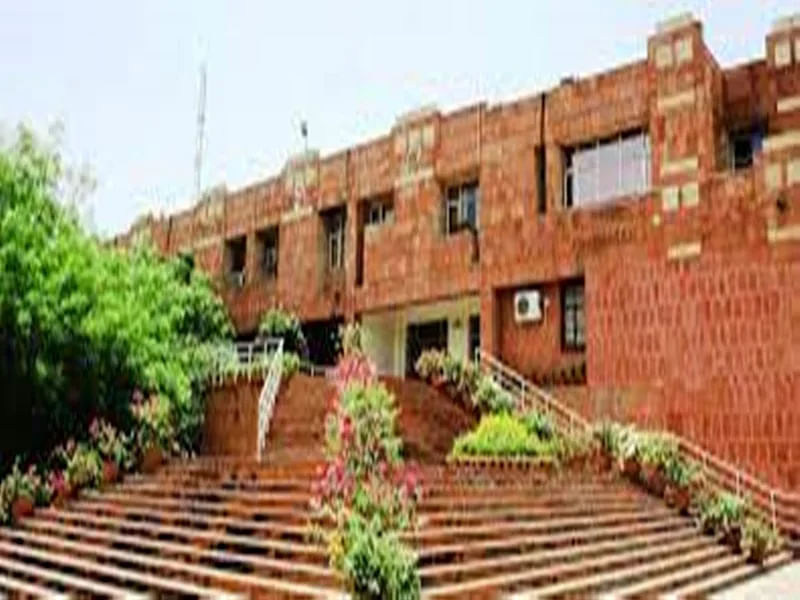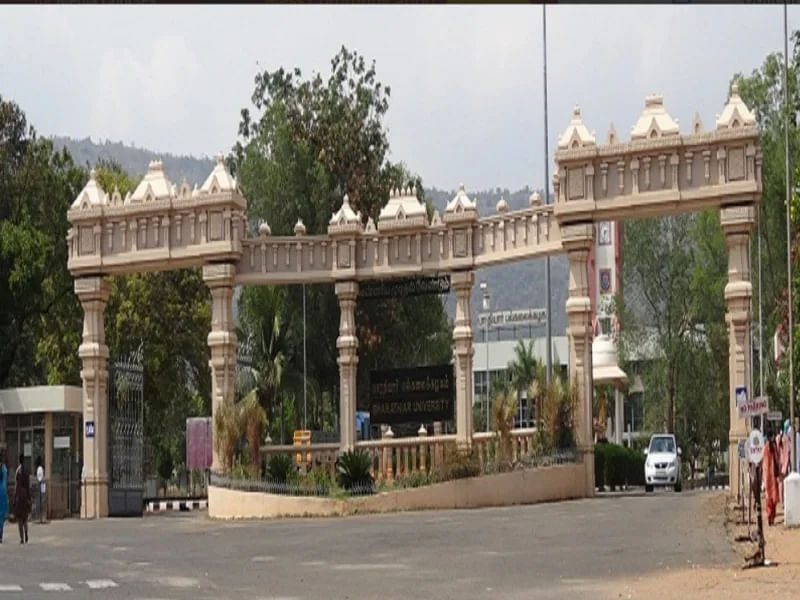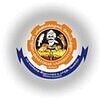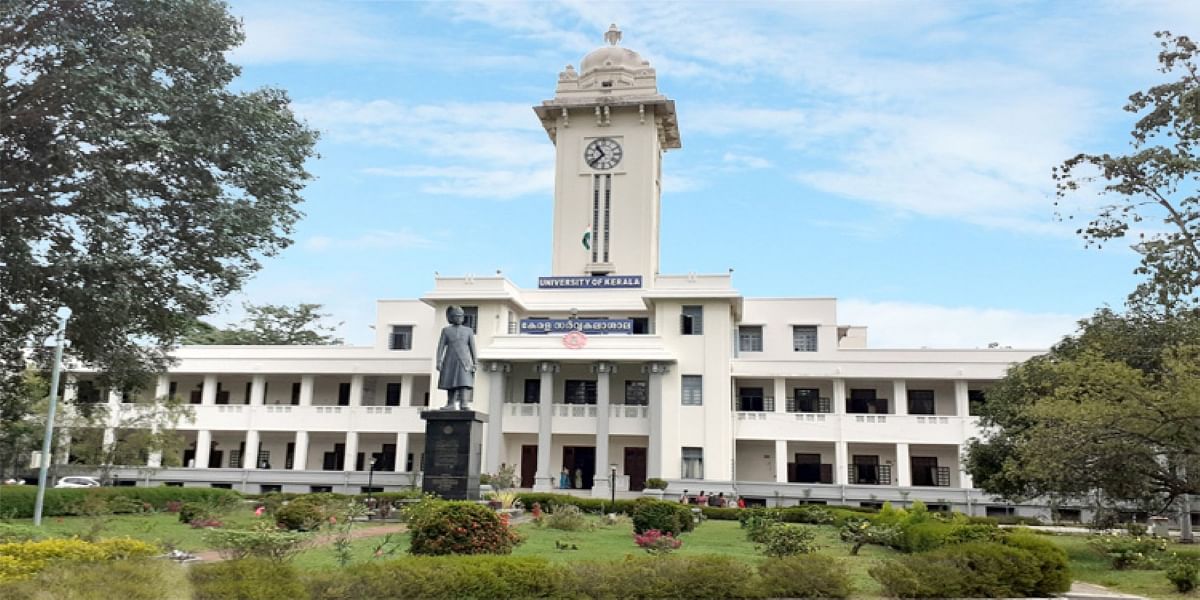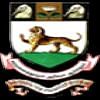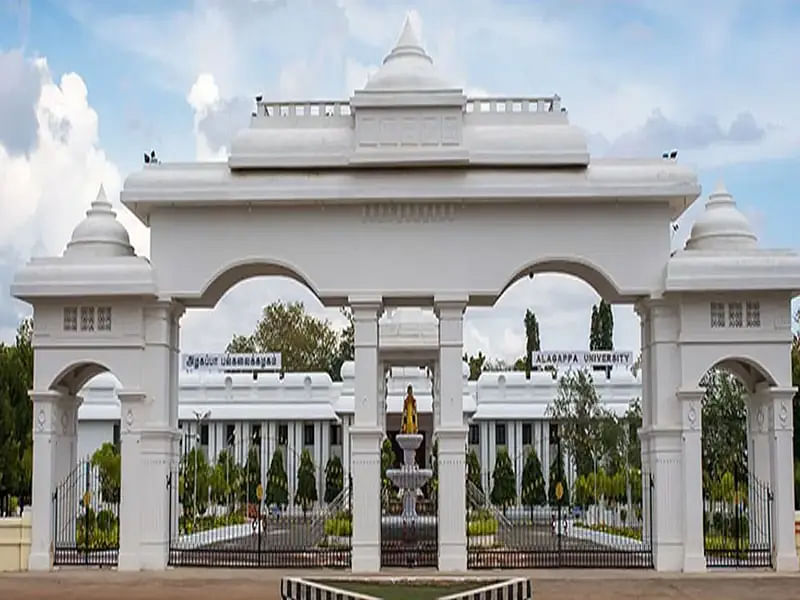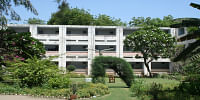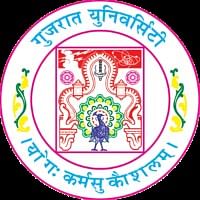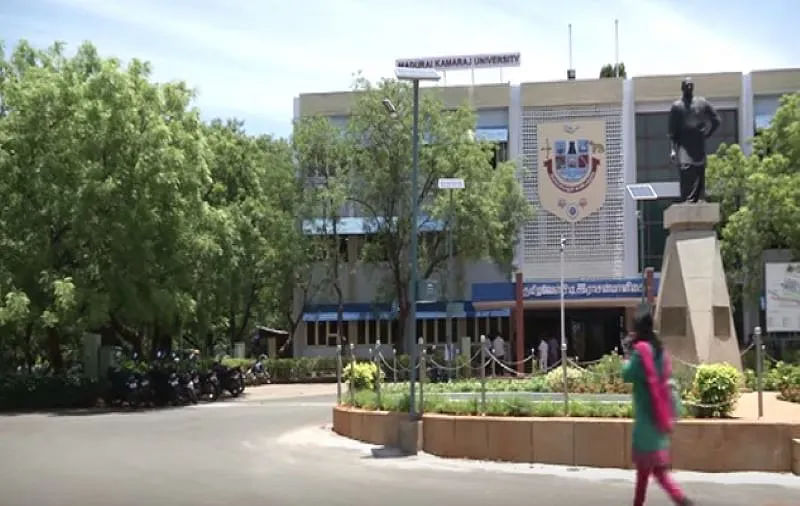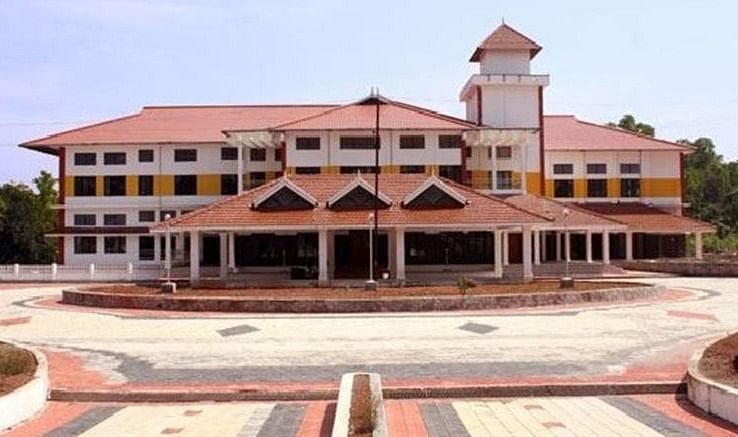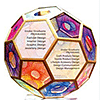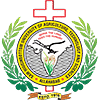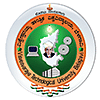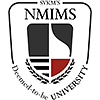M.Phil Computer Science Syllabus and Subjects

M.Phil Computer Science subjects list and electives consist of in-depth science and computer syllabus, emphasizing graduates' knowledge. In addition to that, an M.Phil Computer Science course imparts specific practical, laboratory, and theoretical knowledge in the subject areas to the students, such as science, computer programming, computer graphics, java, mini-projects, and dissertation.
Semester Wise M.Phil Computer Science
M.Phil Computer Science is a year-wise subject that includes Artificial Intelligence & Expert Systems, Simulation And Modeling, Grid Computing, Data Mining, and much more. The M.Phil Computer Science syllabus is semester-wise, and the course curriculum comprises four parts: foundation, core, electives, and dissertation. M.Phil Computer Science course is for students interested in technicality, developing computer software systems, building solutions to various problems, and other computing-related domains. The syllabus for M.Phil Computer Science semester wise are:
|
Semester I |
Semester II |
|
Paper I: Research Methodology |
Paper IX: Artificial Neural Networks |
|
Paper II: Concepts In Computer Science |
Paper VIII: Object-Oriented Database Systems |
|
Paper III: Artificial Intelligence & Expert Systems |
Paper VII: Wireless Networks And Security |
|
Semester III |
Semester IV |
|
Paper IV: Simulation And Modeling |
Paper V: Grid Computing |
|
Paper VI: Data Mining |
Research Project |
M.Phil Computer Science Subjects
All the M.Phil Computer Science subjects taught in the M.Phil Computer Science course help the students understand the knowledge and pursue a better Ph.D. degree for the job scope in the future. The M.Phil Computer Science subjects taught in the course curriculum are necessary for the postgraduates to expand their knowledge in the practical and theoretical aspects, which will be beneficial for them to get a better scope in jobs in India and abroad on behalf of their skills.
Core Subjects:
- Artificial Intelligence & Expert Systems
- Simulation And Modeling
- Grid Computing
- Data Mining
M.Phil Computer Science Course Structure
The M.Phil Computer Science syllabus and course curriculum is structured into two categories, namely core and elective subjects. The course for the curriculum has been divided into two semesters, consisting of an introduction to computer programming (Java, Operations, Programming, Artificial Intelligence, and Mathematics). Some of the M.Phil Computer Science course details are:
- IV Semesters
- Core and Elective Subjects
- Practical and Laboratory
- Dissertation
M.Phil Computer Science Teaching Methodology and Techniques
The M.Phil Computer Science postgraduate degree curriculum includes various teaching methods and techniques that help students understand multiple topics taught in their classes. Some of the different teaching methodologies and techniques adopted in the course curriculum of the M.Phil Computer Science postgraduate degree course are as follows:
- Practical & Laboratory sessions
- The emphasis of Practical Learning
- Designing cost-effective and straightforward experiments.
- Guest Lectures, Seminars, and Workshop
- Group Assignment and Discussion
- Learning through Industrial Visit
- Research & Development
M.Phil Computer Science Projects
Project Topics for M.Phil Computer Science is a fantastic resource for students and researchers (Ph.D./MS) looking to complete ground-breaking research. Students pursuing the M.Phil Computer Science project topics are website development, software development, data analyst, app materials and structures, operations and control, design and manufacturing, etc. The students can take the M.Phil Computer Science project topics based on their subjects and syllabus, motivating them to develop additional knowledge to complete the project work. Some of the M.Phil Computer Science are:
- Role of human-computer interaction
- Compiler optimization and embedded systems
- AI and robotics
- Software engineering and programming
- High-performance computing
M.Phil Computer Science Reference Books
Best books for M.Phil Computer Science help students understand various subjects and topics covered in the course curriculum. The M.Phil Computer Science books help undergraduates expand their knowledge and vision about multiple topics covered in their classes. Some of the very best M.Phil Computer Science books are:
|
Books |
Authors |
|
Algorithms to Live By: The Computer Science of Human Decisions |
Brian Christian and Tom Griffiths |
|
The Soul of a New Machine |
Tracy Kidder |
|
Hackers: Heroes of the Computer Revolution |
Steven Levy |
|
Code: The Hidden Language of Computer Hardware and Software |
Charles Petzold |
|
The Chip: How Two Americans Invented the Microchip and Launched a Revolution |
T.R. Reid |
